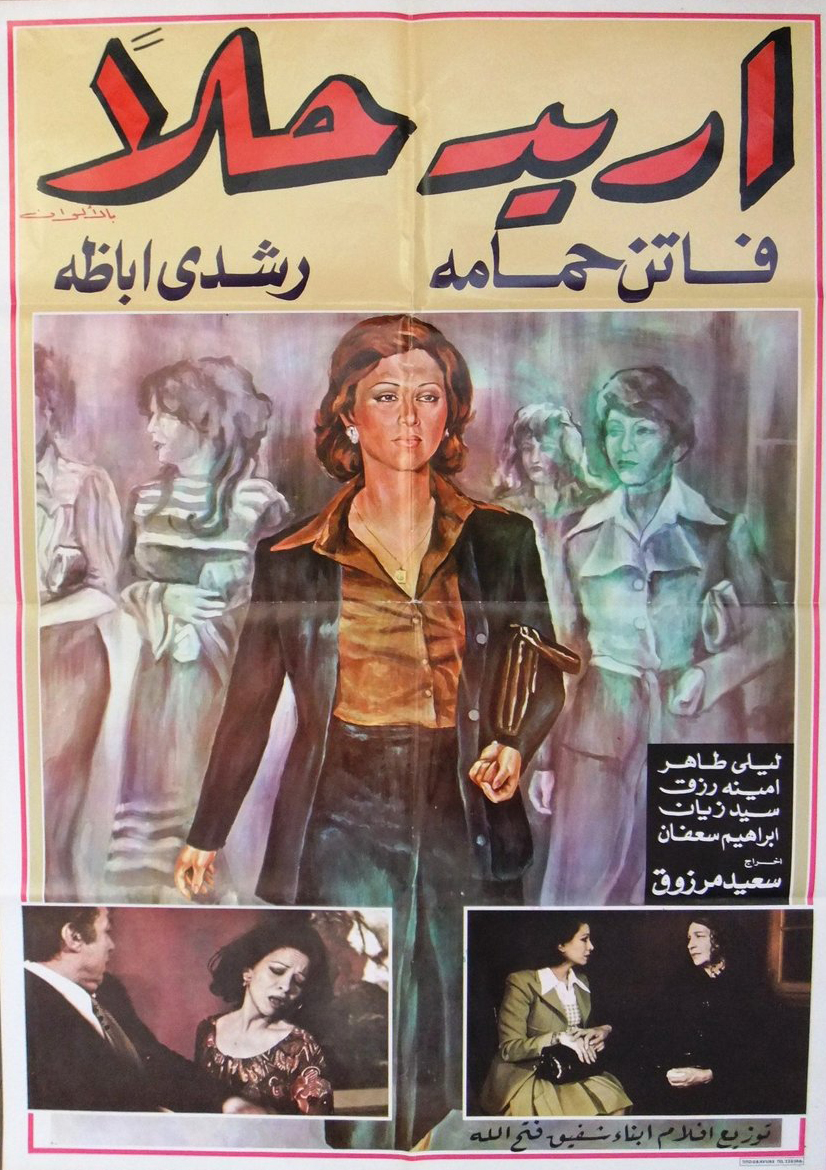Films are not just for entertainment. They can have great influence on people’s lives and moral values, can cause paradigm shifts, and are sometimes powerful enough to prod governments into amending or enacting laws. Here are three influential Egyptian films that drew attention to social issues and led to legislative change.
THEY MADE A CRIMINAL OUT OF ME (Gaaluni Mugriman) (1954)
The film focused on homeless children’s life conditions and juvenile detention centers. After Gaaluni Mugriman was screened in theaters, the Egyptian law was amended so that a person’s first o‑ence would no longer be included in their criminal record. Directed by Atef Salem and written by Naguib Mahfouz, the film portrays the melancholic life of Sultan (Fareed Shawqi), a young boy who loses his father, while his uncle takes control of his bequest. As a result, Sultan joins a street gang of children who steal for a living, and gets caught. Learning his lesson after being sent to a juvenile detention center, the reformed boy decides to look for a decent job – only to get rejected each time because of his criminal record.
A WORD OF HONOR (Kelemt Sharaf) (1972)
And for the second time in his acting career, Fareed Shawqi managed to change the law through the film Kelmet Sharaf (which he also co-wrote). The film stressed the importance of prisoners’ rights and of keeping contact with the outside world. As a result of Kelmet Sharaf, Egyptian law was amended to allow inmate visiting privileges under certain conditions. The film’s story follows a husband falsely accused of statutory rape, a felony that was actually committed by his brother-in-law. After trial, the husband is imprisoned unjustly. He attempts to escape several times to tell his wife the truth, but fails every time. With every escape attempt, his penalties are increased and his years in prison lengthened. The film was directed by Houssam El-Din Mostafa.
I WANT A SOLUTION (Oridu Hallan) (1975)
Starring and co-written by the grand dame of the Arabic screen Faten Hamama, Oridu Hallan serves up a dramatic argument for women’s rights, especially the rights of the divorcees. The film has exerted a powerful influenced over Egyptian law, prompting the government to alter the Personal Status Law. Oridu Hallan tells the story of a woman and her husband whose married life becomes impossible. The intransigent husband refuses to give her a divorce. Forced her go to court to file for a divorce, she is ensnared in an endless series of legal procedures. Directed by Said Marzouk, Oridu Hallan stars Hamama opposite Rushdy Abaza, along with Amina Rizk. The film was Egypt’s offcial submission for the Best Foreign Language Film at the 48th Academy Awards.



